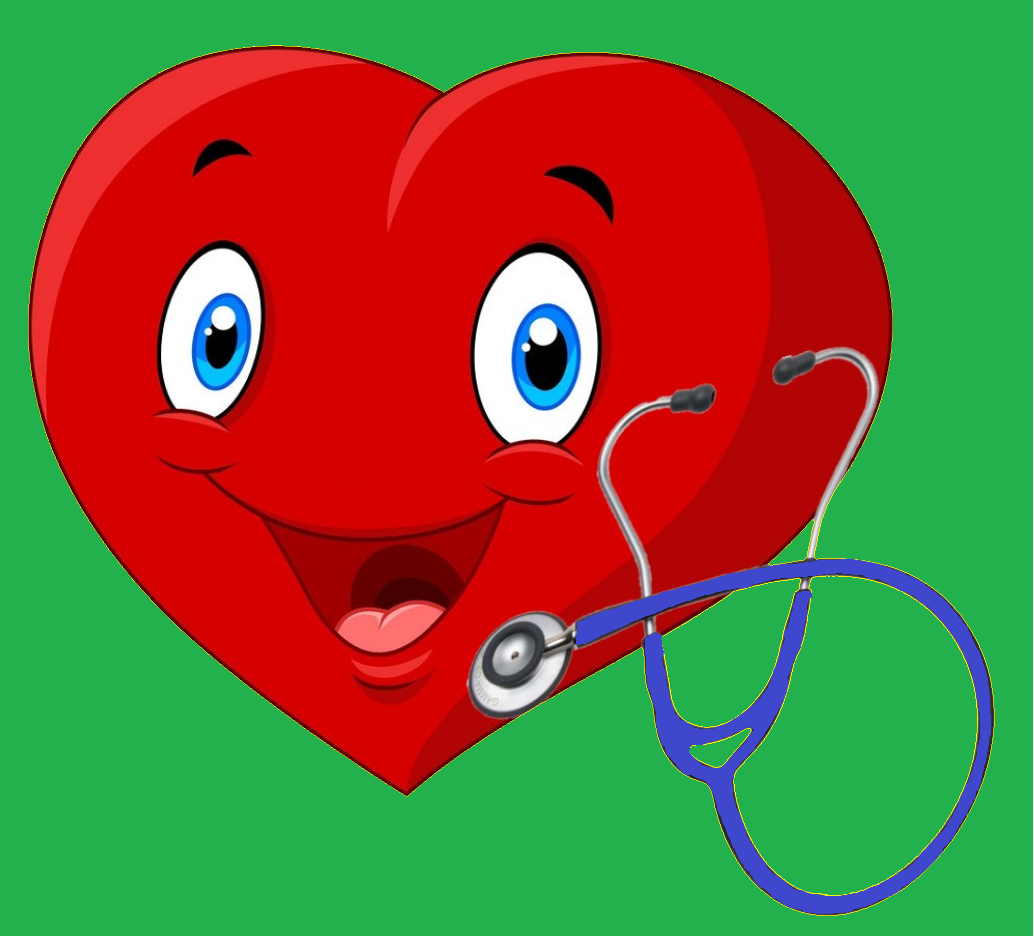Do you know your child’s blood pressure? Is it high, low, or normal? Hypertension affects adults commonly, but it is on the rise in children. There are primary and secondary causes. Undiagnosed hypertension can cause short-term and long-term damage. Measuring blood pressure at least once a year is recommended, but more frequent measurements are warranted if there are risk factors.
What is blood pressure?
The walls of blood vessels experience pressure from the circulating blood. The heart’s chambers generate their own pressure, which enables the pumping of blood throughout the body. The pressure is determined during systole, when blood is being pumped into the body, and during diastole after the heart has contracted.
What is normal blood pressure?
For children > 13 years old, normal level is similar to adults. For children < 13 years old, it is based on the child’s age, sex, and height.
Is 110/80 mmHg normal? If you answer, it depends, then you are correct. It is normal for a 13 yo. However, it is considered elevated for a six-year-old girl at the 10th percentile for her height.
For children > 13 years old, the ranges are:
Normal (systolic/diastolic) < 120/80 mmHg.
Elevated 121-130/80 mmHg
Stage 1 hypertension 131-140/80 mmHg
Stage 2 hypertension >141/90 mmHg
Please see your child’s pediatrician or a specialist if you suspect hypertension, as interventions may become necessary.
Why worry about blood pressure?
Fluctuating blood pressure is a normal occurrence, as it tends to be lower when resting and higher during exercise. However, if hypertension remains elevated over a long period of time, it can lead to various health issues such as impaired learning abilities, thickening of the heart (left ventricular hypertrophy), increased LV mass, decreased heart function, kidney damage, and eye and brain damage (e.g., stroke).
Young adults with hypertension as kids tend to have hypertension as they are older. They also tend to have thicker hearts and carotids, which puts them at a higher risk for cardiovascular disease and early coronary artery disease.
Risk factors
- Boys are more likely than girls to develop hypertension
- Prematurity, especially if an umbilical catheter was placed
- Kids who have higher weight or obese
- Family history of hypertension
- Chronic kidney disease
- Endocrine disorder
- Diabetes
- Coarctation of the aorta or other heart disease
Symptoms
Most people with hypertension don’t feel any symptoms. Hypertension can cause headaches, blurred vision, chest pain, and other symptoms.
Checking your blood pressure is the best way to know if you have hypertension. If it isn’t treated, it can cause other health conditions like kidney disease, heart disease and stroke.
People with very high level (usually 180/120 or higher if > 13 yo or 30mmHg above the 95 percentile for age if less than 13 yo) can experience symptoms including:
- severe headaches
- chest pain
- dizziness
- difficulty breathing
- nausea
- vomiting
- blurred vision or other vision changes
- anxiety
- confusion
- buzzing in the ears
- nosebleeds
- abnormal heart rhythm
What are the typical tests?
Labs- electrolytes with renal function
Urine analysis
More specific endocrine labs are ordered if there are endocrine concerns.
Treatment Options
Treatment will depend on the blood pressure. Lifestyle changes (diet, exercise, stress reduction) may be the first step. For stage 1, we may consider lifestyle changes and possible medication if there are symptoms or organ damage. Stage 2 will require a prescription to decrease the risk of end-organ damage.
The goal is to treat the underlying cause. Medications will help relax blood vessels or remove excess fluids in the body to reduce blood pressure.
When to seek treatment?
Don’t wait until it’s too late to take care of your child’s health. If your child has symptoms or a strong family history of hypertension, it’s crucial to evaluate their blood pressure to prevent long-term damage. At Peds Happy Hearts, we prioritize preventative care and early diagnosis to ensure your child lives a healthy life. Act now and give your child the gift of a healthy future.

